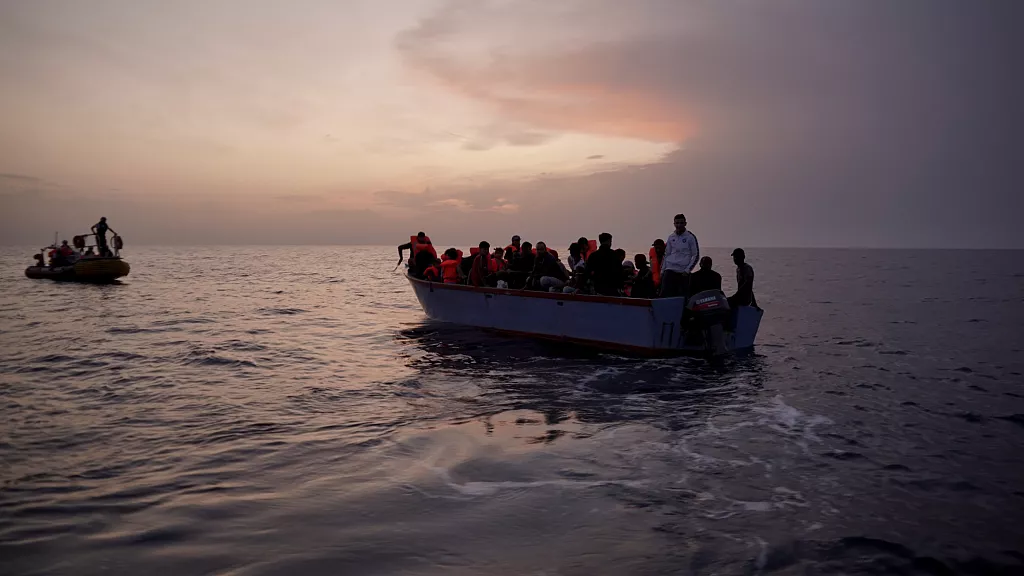As migration continues to dominate political discourse across Europe and beyond, the head of the United Nations’ migration agency is calling for a strategic shift in how governments approach the issue. Amy Pope, Director General of the International Organization for Migration (IOM), has warned that Western nations may be unintentionally exacerbating global instability by tightening borders while simultaneously slashing development aid.
Speaking on Thursday, Pope stressed that reducing support to countries grappling with mass migration undermines the very stability Western countries seek. “When the public sees boats coming across the Mediterranean, it creates concern about whether the government can manage migration,” she acknowledged. “It’s fair and appropriate for governments to address that concern. But there is real value in developing a comprehensive approach.”
Contrary to public perception, most migrants are not initially targeting Europe. Rather, they seek refuge in neighboring countries—places where they hope to find safety, opportunity, and a path forward. Pope emphasized that these first host countries play a crucial role in managing migration flows and must be supported through sustained development aid.
Her remarks come amid a wave of tougher migration policies across Europe. Several governments have increased funding to transit countries to block migrant movement and expanded deportation efforts. Greece, for instance, recently passed legislation suspending asylum applications from people arriving by sea from North Africa, reflecting a shift toward more restrictive measures.
Pope’s message to global leaders is both cautionary and constructive: short-term deterrents are not a substitute for long-term investment. To manage migration effectively, she argues, nations must address its root causes—conflict, poverty, and climate-driven displacement—by strengthening regional support and fostering stability where people are first displaced.
In today’s interconnected world, managing migration demands more than fortifying borders. It requires foresight, empathy, and global cooperation.



